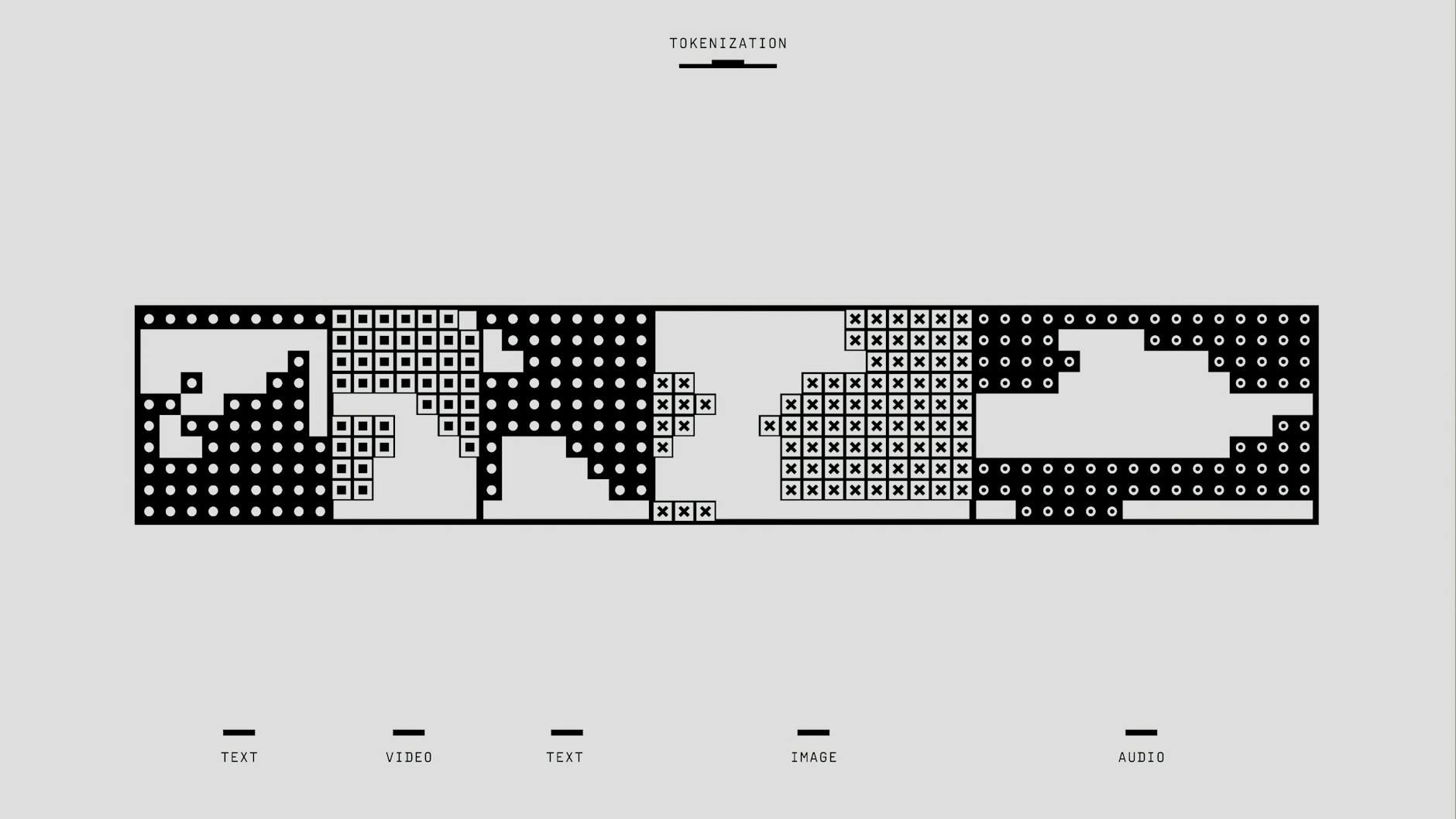During Robinhood's recent second-quarter earnings call, CEO Vlad Tenev made a significant push for tokenization, underscoring it as a transformative force in finance. With Robinhood's stock price surging and plans underway to develop its own Ethereum layer-2 scaling network, the scope and scale of Tenev's vision for tokenization are noteworthy.
Tokenization - the conversion of real-world assets into digital tokens on a blockchain - offers several compelling advantages such as broader access to assets, fractional ownership, reduced costs, and accelerated transactions. It is no wonder then that Robinhood is actively exploring this avenue, introducing stock tokens that offer exposure to private companies such as SpaceX and OpenAI. However, not all receptions have been warm, as evidenced by OpenAI's disapproval of Robinhood's attempts to tokenize its equity without permission.
The digital finance world is no stranger to the concept of tokenization. Both Binance and the now-defunct FTX had toyed with tokenized stocks during the peak of the pandemic-era crypto boom. Yet, despite interest, regulatory scrutiny has often kept such innovations at bay. However, with a seemingly more supportive stance from the SEC under a crypto-friendly administration, Robinhood appears poised to reintegrate and possibly redefine tokenized financial products within a compliant framework.
The analogy drawn between Robinhood’s focus on tokenization and Meta’s turn towards artificial intelligence this year is apt. Both companies seem to be pivoting towards what they believe will be future cornerstones of their respective industries. For Robinhood, this means leveraging blockchain technology not just to simplify trading but to fundamentally alter how assets are owned and exchanged.
Indeed, Tenev’s claim that tokenization represents "the biggest innovation in capital markets in over a decade" is bold, yet it captures the essence of the disruptive potential of blockchain in financial markets. The promises of 24/7 trading, instant settlements, and self-custody are attractive, particularly in a world that increasingly values autonomy and efficiency. However, Tenev also acknowledges the substantial regulatory hurdles that need to be navigated to realize these benefits fully.
Furthermore, as Robinhood proposes to integrate stock tokens into the wider ecosystem of decentralized finance (DeFi), the delineation between traditional finance (TradFi) and DeFi continues to blur. This potential integration into DeFi protocols could democratize finance in unprecedented ways but also raises significant compliance and security questions, highlighted by the SEC’s recent warnings to firms about compliance with securities laws.
The rollout of Robinhood's stock tokens showcased the convergence of crypto technologies with traditional financial services, offering a glimpse into a future where financial operations could be reimagined on crypto rails. This initiative could align well with Robinhood's acquisition of Bitstamp, hinting at strategic alignment to bolster their trading infrastructure and regulatory standing.
However, the path forward is fraught with challenges. The recent regulatory warnings to firms about ensuring that tokenized offerings comply with securities laws underscore the precarious nature of innovation in spaces governed by stringent regulations. As Robinhood navigates this landscape, the outcome of these efforts will likely serve as a benchmark for similar ventures in the fintech space.
In this evolving narrative, the role of companies like Robinhood will be crucial in shaping the next phase of financial markets. Whether tokenization will indeed be as revolutionary as suggested or simmer down under regulatory and practical complexities remains to be seen. Nonetheless, Robinhood's ambitious stride towards a tokenized future marks a significant chapter in the ongoing dialogue between innovation and regulation.
For detailed insights into similar fintech transformations and regulatory updates, one might find it intriguing to delve into how the CFPB is planning to revamp open banking regulations, which also hinges on fostering innovation while enhancing compliance and user protection.



